To Inspire You from the Archaic Spirituality of Japan, Wisdom as a Way of Life
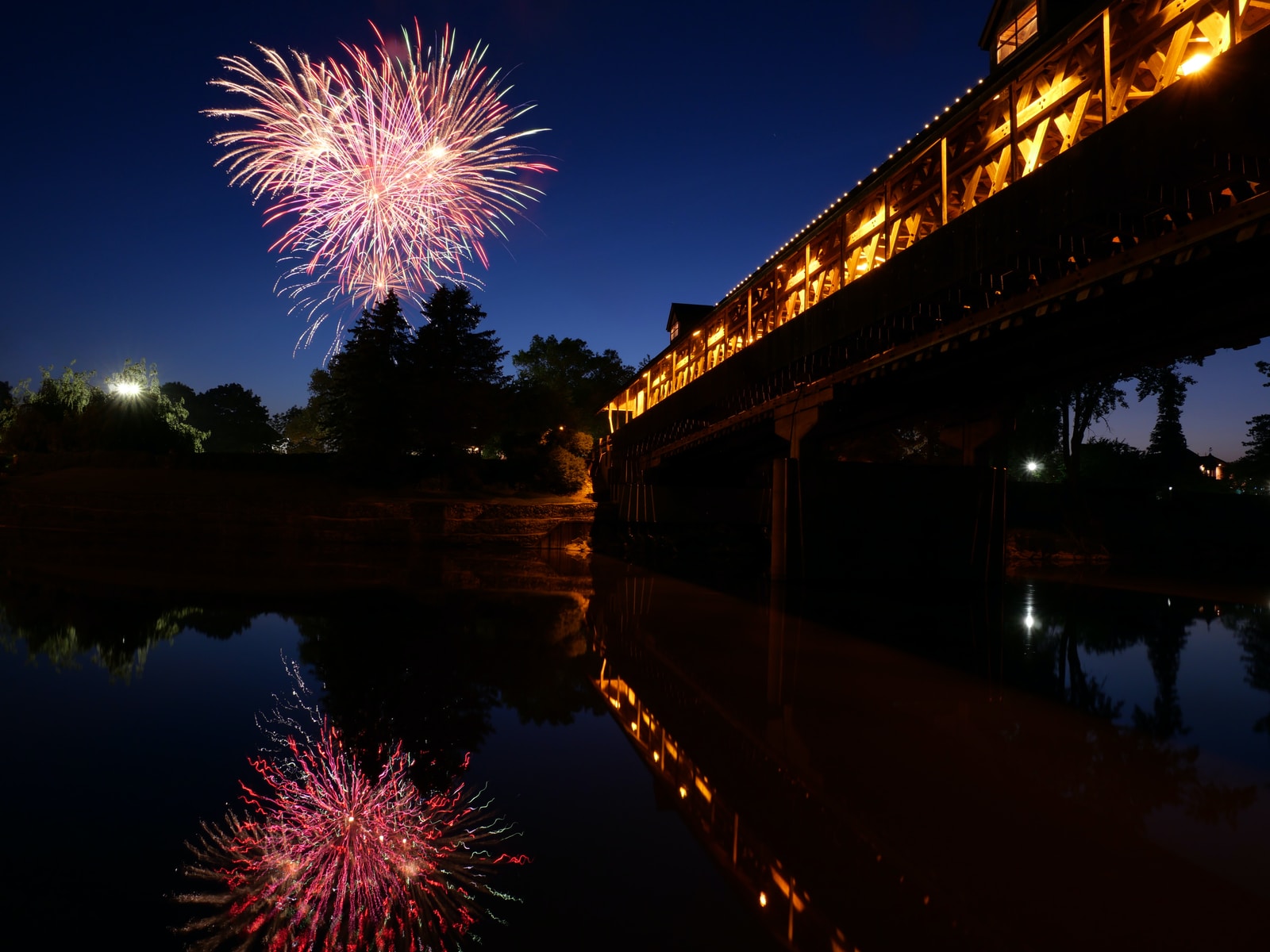
Fireworks, which are known as Hanabi, and festivals, which are known as Matsuri, are two of the most popular summer traditions in Japan. However, not many people know that their origins lie in the spiritual practice of exorcism. Fireworks originally were used to console the souls of the deceased and to ward off bad spirits. The most famous annual fireworks festival in Tokyo, the Sumida River Fireworks Festival, dates back to 1733. It was held in memory of the victims of starvation due to extreme food shortages the previous year.
The Japanese ruler, Shogun Yoshimune Tokugawa, held a Water God festival at the Sumida River to bring consolation to the people. At this festival, fireworks were set off as part of the entertainment, which then helped create the Sumida River Fireworks Festival that still continues to this day. Later, in 1858, fireworks were also performed to pray for the extinction of the cholera epidemic.

Removing Spiritual Debris, Remove Plagues and Disasters
Matsuri is popular among Japanese and foreigners alike as one of Japan’s tourist attractions. Historically, these festivals have been held in order to help get rid of plagues and disasters, and to mourn the death of those who have passed away. We say, “kegare wo otosu” which means to remove spiritual debris, plagues, and disasters. The word kagare is the Japanese term for a state of pollution and defilement which is important particularly in Shinto as a religious term.
The Gion Festival in Kyoto, one of the three major festivals in Japan, originated in 869 during the Heian period, was originally held in order to quell epidemics in Kyoto. The Aomori prefecture’s Nebuta Festival, is one of the three major festivals in the Tohoku region. There are many theories as to how this festival came about, but it is believed to have originated from the Tanabata Festival. The Tanabata Festival was introduced from China in the Nara period (710-794). On the night of July 7th, people float lanterns down rivers and into the sea. People believed that doing this would purify their soul and keep them in good health. The ritual is part of Misogi, which is a Shinto purification ritual that involves washing the entire body.

Stay-At-Home Self-Care, Mindfulness and Cleanse Yourself
During the Heian period (794-1185), the Japanese conducted Monoimi, which was one of the Onmyōdō practices that was common during this period. With Monoimi, people believed that they could protect themselves from evil spirits by staying put at home or in a specific place for a certain period of time while not having people visit them. During that alone time, they meditated, prayed and ate sparingly. Onmyōdō is a system of natural science, astronomy, almanac, divination, and magic that developed independently in Japan based on the Chinese philosophies.
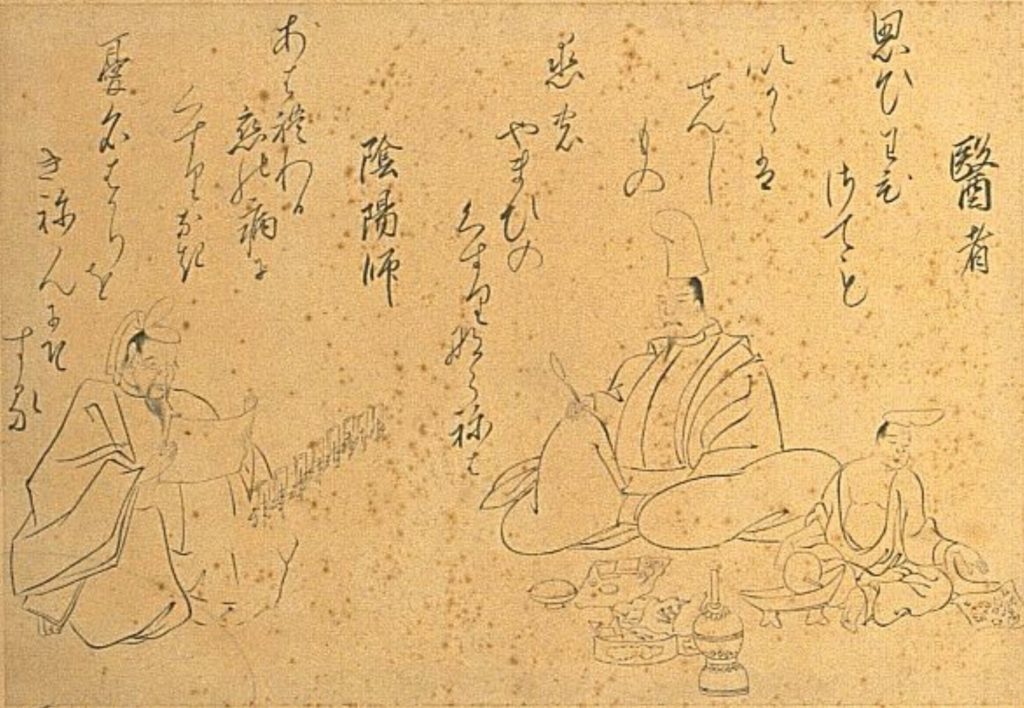
At a time when science was inferior and illusions ruled the roost, people’s illness and suffering were believed to be caused by invisible forces beyond human control and knowledge. Thus rituals were performed. The purpose of these rituals was to get rid of what was called Mononoke which are nightmares, departed and live souls, and vengeful spirits. Mononoke possessed people which made them suffer, get sick or die. It also aims to get rid of kegare caused by death, plague, and sexual intercourse, which were assumed to bring disorders to the community. The Heian Nobles consulted with onmyōji (which is analogous to fortune tellers) whenever such events occurred. The onmyōji would consider this to be a bad omen and would tell the nobles to do monoimi for a certain period of time. The nobles believed that they could protect themselves by doing so.
Last summer, many festivals in Japan were canceled due to the pandemic, but fireworks were still set off in some areas. At numerous shrines and temples, rituals were held to pray for an end to this pandemic. With so many people spending so much time at home, it seems like a good idea to practice monoimi to become more mindful, and to strengthen minds. We hope that this summer, there will be as many festivals and fireworks events as possible in Japan…and we would hope to be able to go hiking, camping and to visit onsen safely soon.

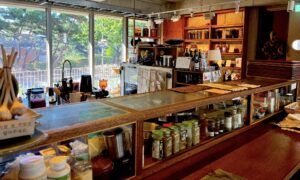

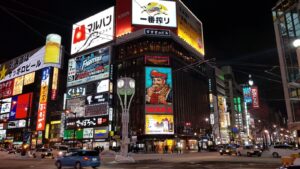

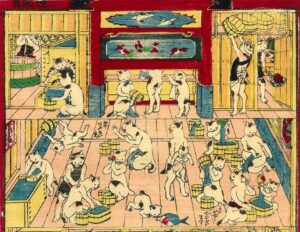

 Instagram
Instagram